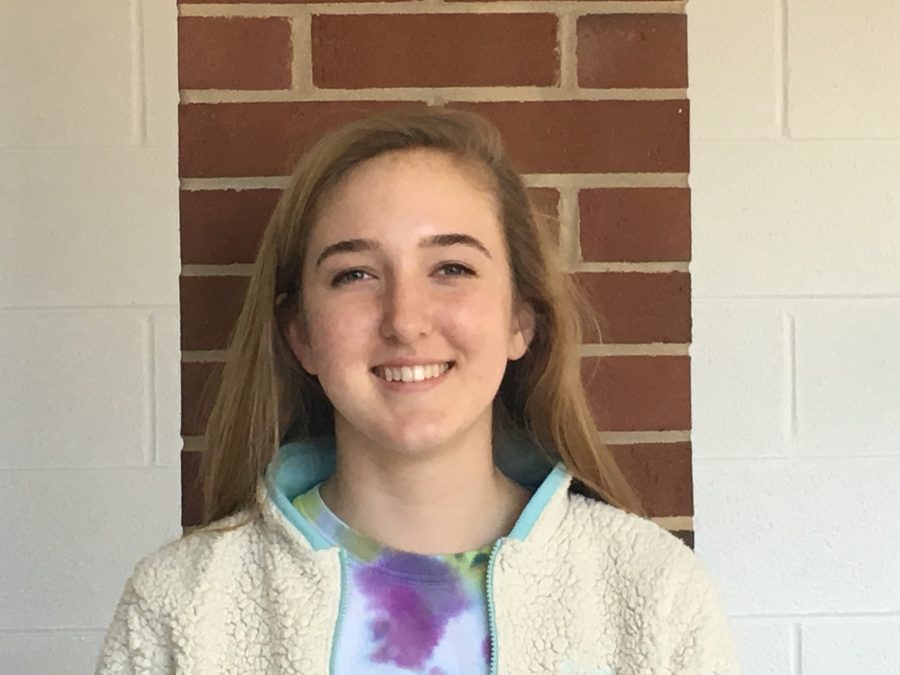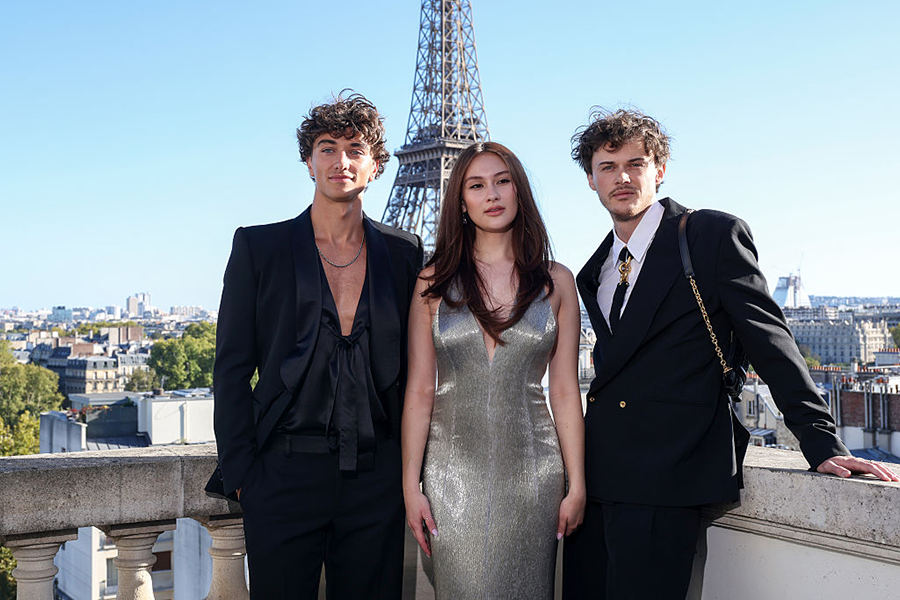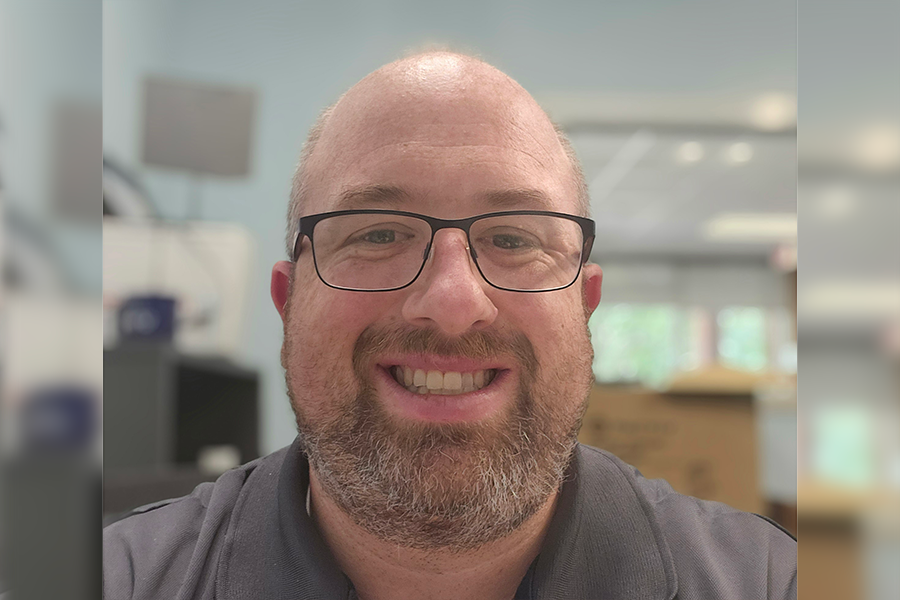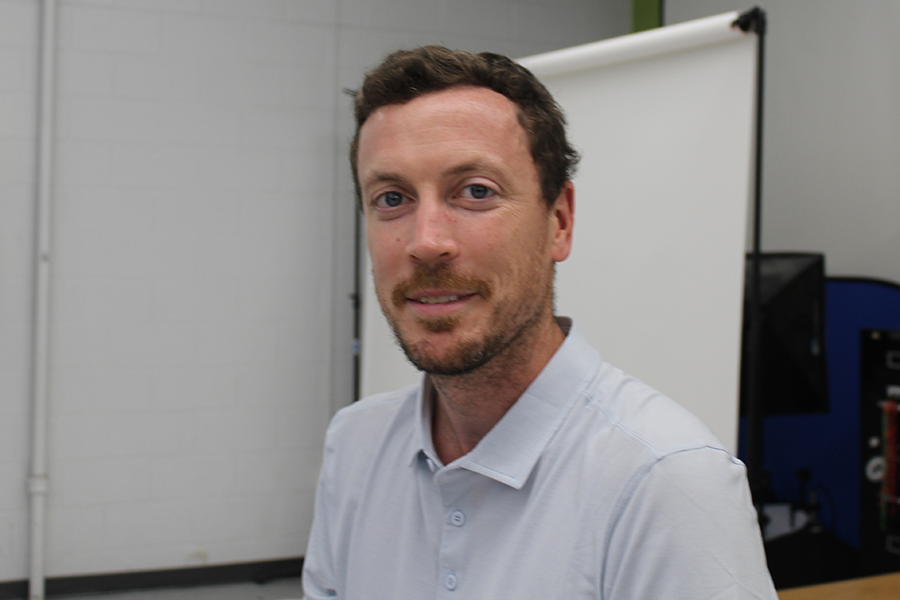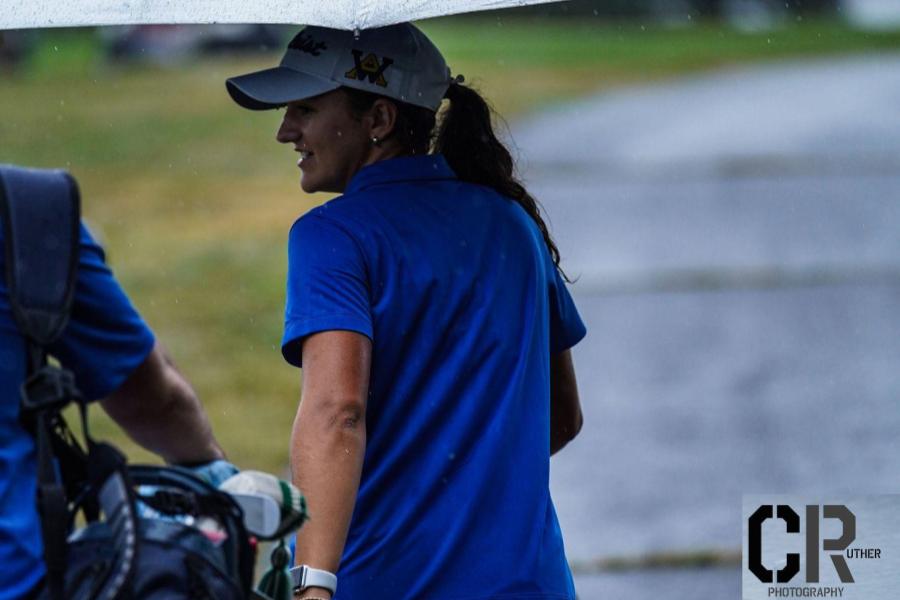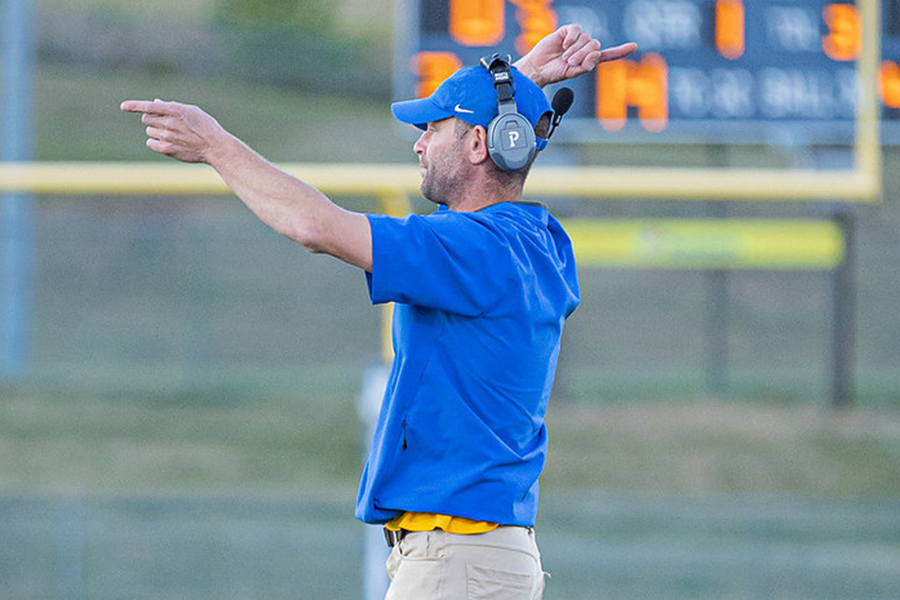Avery Jordan Explores Interest in Education Philosophy
Credit: Jeffrey Dodson
March 18, 2017
When a course elective or advanced placement opportunity isn’t offered by a school, many students, often times, take it upon themselves to explore their own interests through an independent study. For one student, her interest peaked with the topic of “Philosophy in Education.” Overtime this interest evolved into the more specific lesson of education for high schoolers, and the ongoing debate of teaching styles and effective lesson implementation.
Junior Avery Jordan, on average spends about nine hours going over her lesson plan and course work before bi-weekly checkups with her sponsoring mentor, Mrs. Padron. She notes that the coursework can be light, however, she still has to make an extended effort to get work done in between visits with her sponsor.
Many may be confused as to what exactly an independent study is, but she has been able to explain clearly how the class operates.
After having signed up for an independent study via guidance, any participating student must meet with Mrs. Padron and establish the topic of what will be studied and who their sponsoring teacher will be. Once the class is established the student must find a teacher who will guide them in their lessons, determine how often they’d check on the progress gained, and the sponsor may recommend some sources of information the student may find helpful.
A useful source of information for Jordan this year has come from the personal library of teacher, Jill Williams, who was inspired early on to investigate further in the philosophy of education reform and the progressive ideas of educational leaders.
Jordan would recommend to anyone who may be interested, to indulge in an independent study. She says, “It’s better than a normal course because you have more control, but the lack of structure can be a challenge due to the fact that you have to manage yourself and keep a sense of direction for your end goal.” She expands on this saying that the class certainly isn’t like a club that you can simply sign up for and neglect to get involved in because even though it’s out of school it has to be treated with the same respect for effort as an in-school class. You still earn a perspective grade and at the end of the year you have to display what you’ve learned. Last year she did this by presenting a “TED talk-like” speech.
Jordan has been able to explore many interesting facts of educational philosophy thus far, her favorite involving the ideas of ancient philosophers and how ideas as old as human civilization can be used to effectively teach students of all ages. She also has investigated the role of psychology and physical triggers of learning, leading to thought regarding what teachers can do to spark greater learning. She doesn’t quite know what she’ll be when she grows up, but she does believe there’s a great chance that she’ll do something involving children of our age either in or outside of school.



